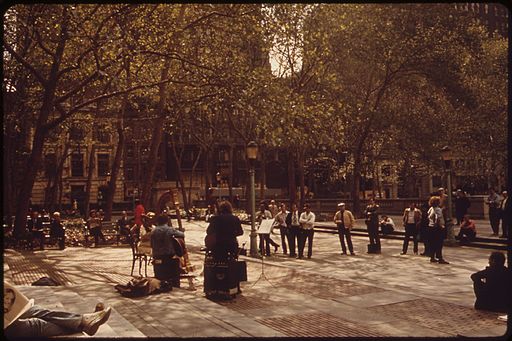Creativity Connects
Joy and Matthew Steem
 I was in a porn film. The previous sentence is actually factually incorrect, but it’s an attention grabbing introductory line, right? Where substance doesn’t grab us, spectacle usually does the trick. I seem to recall coming across a McSweeny’s Internet Tendency entry that suggested a simple fail proof way of attracting (and keeping) more readers: insert GIFs of jiggling breasts throughout the text. For those of us who laugh, is there a ring of fatigued disillusionment in it? As song writers or poets or visual artists or composers our creations feel sterile without some type of social interaction, or at least recognition. Having an audience is nice.
I was in a porn film. The previous sentence is actually factually incorrect, but it’s an attention grabbing introductory line, right? Where substance doesn’t grab us, spectacle usually does the trick. I seem to recall coming across a McSweeny’s Internet Tendency entry that suggested a simple fail proof way of attracting (and keeping) more readers: insert GIFs of jiggling breasts throughout the text. For those of us who laugh, is there a ring of fatigued disillusionment in it? As song writers or poets or visual artists or composers our creations feel sterile without some type of social interaction, or at least recognition. Having an audience is nice.
We yearn to connect. It chafes the less mature of us when we see mere scandal and spectacle reap a harvest of readers/watchers/listeners that objects of genuine artistry are likely to never see. Ever. The mean-well people (often non-creatives) who empathetically suggest a genuinely creative spirit doesn’t need any sort of audience because the joy rests in the act of creation are, well, wrong. (In part, Jacque Maritan’s reminder that true creativity is not mere self-expression or cathartic release of personal feelings; rather, it is the building of something for its own good, seems to make sense here.)
We are an interactive people. It’s not mere egotism which drives our desire for communicating our work; it’s the desire to connect, to grow, to truly communicate. This impulse to share is not one that should be repressed or bemoaned, but rather one to be celebrated because it reflects the desire for communion with others. In God Has A Dream, Desmond Tutu relates the concept of ubuntu beautifully: “[ubuntu] does not say, ‘I think therefore I am.’ It says rather: 'I am human because I belong. I participate I share.’” This insight is especially pertinent for us in a culture that, despite all our communication technologies, urges us towards isolation and the tendency to see success as the achievement of ultimate independence.
In a lecture on virtue based ethics, Bill Dejong suggested that there can be a sinful element in the “in the comfort of your own home” culture. (I.E “Enjoy theatre or gormeau cooking or symphony or whatever in your own home” that we hear from the advertisers of giant television screens etc.) He suggests that to deliberately participate in practices of isolation is to indulge pride: pride that we can be happy and fulfilled only with ourselves—that we don’t need the participation of others in our emotionally, spiritually, and perhaps even physically, isolated lives.
I’ve been thinking that creativity, with its deep longing for resonance, perhaps, could be part of a solution for the dehumanizing idealization of the isolated hero. After all, creativity yearns for relationship, for response, for connection: for the acknowledgement that we are human and that we belong.